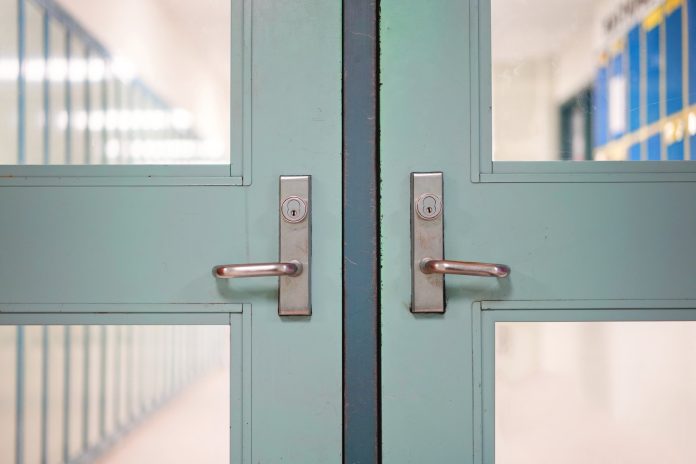By Peter G. Ruppert
As we complete a second school year dramatically impacted by COVID-19, we should step back and ask what we have learned and what will the future of education hold. Clearly, learning has suffered in large, online environments where full classrooms of students had to try to learn together virtually. Even where schools did an admirable job adjusting to the situation, students have been impacted. Many have fallen behind academically and will forever struggle to catch up. As importantly, the corresponding isolation and loneliness from learning from home has impacted millions of students socially and emotionally.
With the end of this pandemic nearing, many hope students and schools will return to “normalcy” this fall, but will that be enough? Will traditional schools be equipped to help students catch up academically? Will they have the resources and skills to help students recover from increased social and emotional issues? Can we simply return to the way things used to be? The short answer is “no.” School, as we knew it, has changed forever, and the future of education will now change even faster.
Predicting the Future
At first, parents will simply sigh and rejoice that the status quo has returned. We see it already as schools have re-opened across the country. Moms and dads are relieved to have their children back in school every day, spending time with their friends, and learning from their teachers. However, that initial euphoria won’t last. Many parents will begin to quickly realize that the time away from school was not nearly productive enough and that their children need more, much more. Try as they might, few schools will have the resources or the flexibility to adjust to these increased demands for support.
A silver lining of COVID-19 has been the energy shown by many parents to become much more knowledgeable and sophisticated consumers of education. They are more aware of how their children are really doing. They now know and understand how virtual learning works. They are more cognizant of the many tutoring options available. Innovative parents, now more empowered and informed by the numerous online and in-person alternative learning resources, are capitalizing on this previously unknown education marketplace to help their children catch up or get ahead. These early adopters will quickly be followed by other families who also watch their children struggle or perform below their potential.
Educational organizations providing high quality, more personalized tutoring services will be in high demand. Other parents will seek out a growing number of full-time, micro or virtual school options that can provide smaller classes, more customized instruction and individual mentoring. In these smaller environments, students will leverage the added attention and catch up and accelerate much more quickly than is ever possible in a classroom of 20-30+ students who are all learning at different levels and paces. As study after study has shown, the more personalized the education, the more learning a student achieves.
Looking ahead to 2031 and beyond: What will education look like
This will lead to a new era of education driven by an acceleration of more alternative public, private and charter school models built around the personalized needs of each student. While the traditional school models will continue, they will need to change and adapt. Empowered by this new education consumerism, many more families will choose schools (and teachers) that best meet their child’s unique situation. Many students will attend multiple schools during their middle and high school years. A student may go to his/her local public or private school for part of the day, take an online course for credit with a rock star teacher in a virtual school that evening, and even attend another specialty school to take a unique course for part of a week.
For generations, parents have relied on their child’s local public or private school to do all the educating. For many this has been successful, but, as we know, too many students have fallen through the cracks.
We have been waiting for more customization and specialization to come to education. Nearly every other industry has already been transformed by the changing demands of the consumer. Yesteryear’s general stores, family diners, and local department stores essentially provided “all things to all people,” but were eventually replaced by more nimble competitors focused on the specific needs of a niche group of consumers. Yet, while these industries underwent massive change, our education system has remained largely intact for generations. In traditional schools, we still group students by age, even when some students are unchallenged and should be far ahead while others are way behind and struggle immensely. We still ask our teachers to do the impossible: meet the unique needs of every student in a large class with little extra help. That formula, designed in and for the industrial age, simply doesn’t work in a future world that is rapidly changing.
The COVID-19 pandemic has hurt our society in innumerable ways, and it will take years to fully recover. However, one bright side of this pandemic is that it marks the beginning of a new era of education consumerism where informed parents demand more customization and specialization around the unique needs of their children. This will result in more options and more ways for all students to find their success, so they are able to leave high school with the same enthusiasm for their futures as when they entered school as kindergartners so many years earlier. Let’s hope I’m right for the benefit of every student we as a nation are charged to educate.








